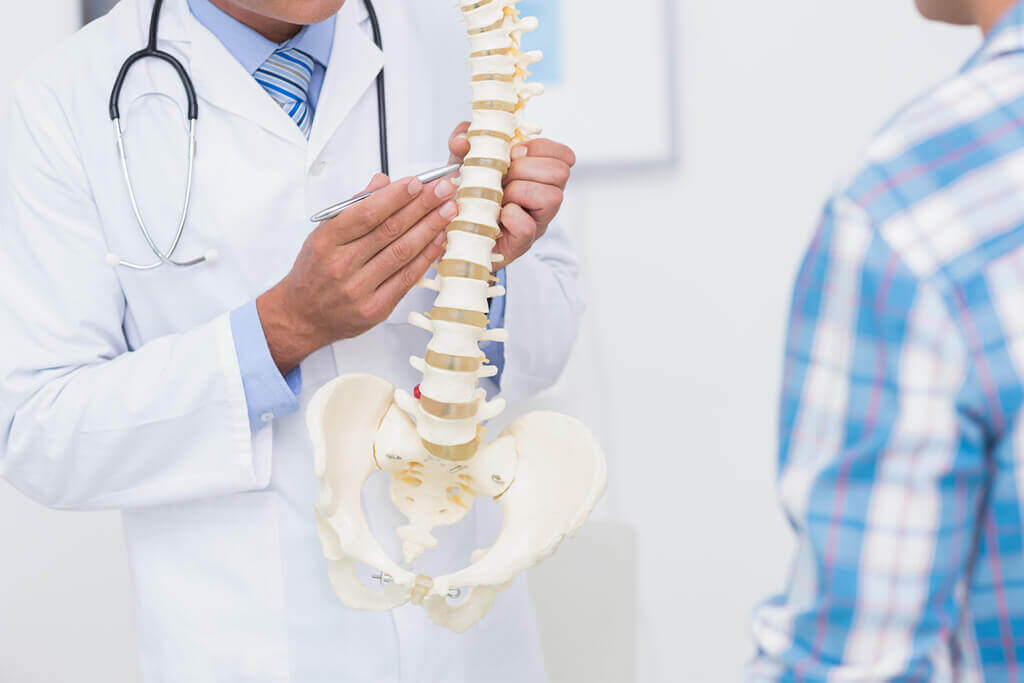Pericarditis - Inflammation of the Heart Sac
Introduction
Anatomy
Causes
Symptoms
It may be difficult to breathe when you lay down. You may need to bend over or hold your chest while you breathe. You may not feel well in general and have a fever, dry cough, and anxiety. You may feel tired all of the time. Additionally, your ankle, feet, and legs may swell.
Diagnosis
Imaging tests may be used to see if you have fluid buildup in the pericardium, signs of inflammation, scarring, or an enlarged heart. A chest X-ray, magnetic resonance imaging (MRI) scans, or computed tomography (CT) scans are common imaging tests. An echocardiogram uses sound waves to produce an image of the heart on a monitor. An electrocardiogram (ECG) can record the heart's electrical activity which can be altered by pericarditis. Radionuclide scanning involves using a harmless radioactive dye that is detected by special scanners to create an image of the heart.
Treatment
Prevention
Am I at Risk
Pericarditis most frequently affects men that are between the ages of 20 and 50 years old following a respiratory infection. People with influenza, systemic diseases, or autoimmune conditions have a risk of developing pericarditis. In some cases, pericarditis may occur as a result of a heart attack.
Complications

Copyright © - iHealthSpot Interactive - www.iHealthSpot.com
This information is intended for educational and informational purposes only. It should not be used in place of an individual consultation or examination or replace the advice of your health care professional and should not be relied upon to determine diagnosis or course of treatment.
The iHealthSpot patient education library was written collaboratively by the iHealthSpot editorial team which includes Senior Medical Authors Dr. Mary Car-Blanchard, OTD/OTR/L and Valerie K. Clark, and the following editorial advisors: Steve Meadows, MD, Ernie F. Soto, DDS, Ronald J. Glatzer, MD, Jonathan Rosenberg, MD, Christopher M. Nolte, MD, David Applebaum, MD, Jonathan M. Tarrash, MD, and Paula Soto, RN/BSN. This content complies with the HONcode standard for trustworthy health information. The library commenced development on September 1, 2005 with the latest update/addition on February 16, 2022. For information on iHealthSpot’s other services including medical website design, visit www.iHealthSpot.com.


